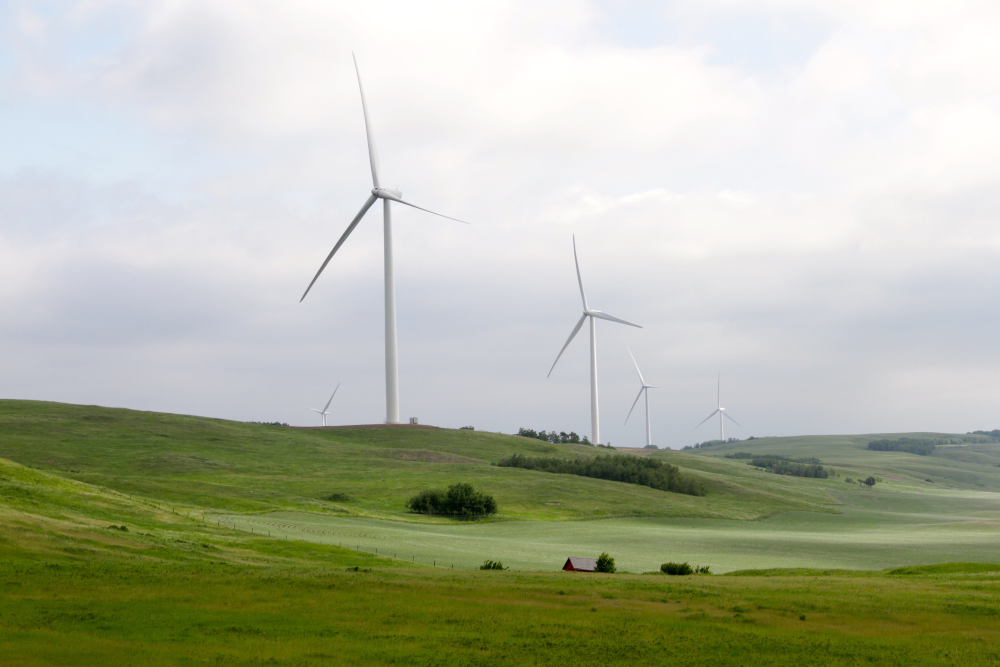Energy produced by wind and solar is now competitive. As a result, companies across North America are choosing to procure renewable energy directly from project developers rather than traditional utility companies. Bringing this market trend to Alberta could help companies manage future energy costs while opening up additional demand for renewables here, stimulating the economy and creating jobs.
Corporate customers as varied as Facebook, General Motors and Walmart have seen the multiple ways in which renewables can deliver and signed deals directly with energy suppliers. They see that renewable energy offers competitive prices for electricity, along with security against fluctuations in energy costs. In addition to being cost competitive, using renewables also helps corporations meet sustainability goals. As they see this value, demand is rising. This trend is illustrated in the U.S., where the market for commercial and industrial procured renewables is growing — up from 0.01GW in 2011 to over 3.4GW in 2015.
To date, 32 companies have completed 64 deals and the trend is expected to continue as 60 per cent of Fortune 100 and 43 per cent of Fortune 500 companies have commitments to shift to renewables. The 64 deals that have been completed in North America have been structured as Power Purchase Arrangements (PPAs), in which a purchaser enters a bilateral contract with an energy provider, or outright project ownership.

The Business Renewables Center (BRC) is a Rocky Mountain Institute program dedicated to accelerating corporate transactions with renewable energy projects. The BRC has a 155-strong membership including 76 corporate buyers, 46 project developers and 33 service providers. The membership acts as a community to overcome obstacles and barriers to corporate transactions with offsite renewable energy projects. It does this by codifying best practices, developing educational tools, delivering workshops, and hosting web-based applications to meet the needs of the community as it grows.
In light of Alberta’s recently announced commitment to reach 30 per cent renewable energy generation by 2030, the province is set to be immensely attractive for investment in the renewables market.









